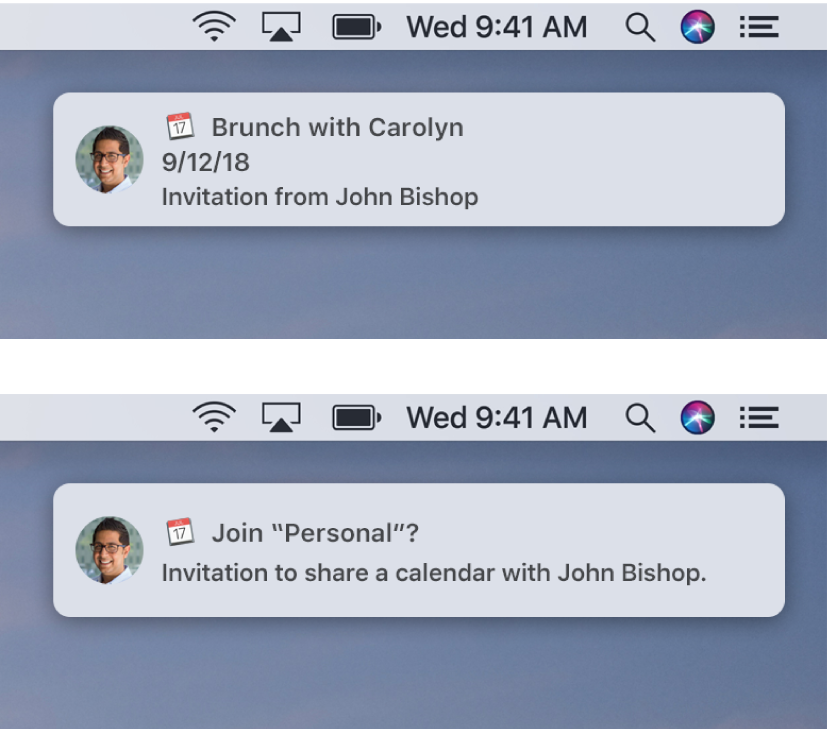Proposed Update For Mac
ITI president Dean Garfield says the organization is on board with the idea of greater input from federal lawmakers when it comes to privacy issues, such as bestowing additional powers to the FTC, which currently isn't able to set regulations in the same way as others, such as the FCC. If adopted, the limitations could have a dramatic effect on the ways companies get access to and use consumer data. Apple, Google, Samsung, Amazon and several other tech companies are participating members of the ITI. For its part, Apple has long been a vocal proponent of consumer data privacy. The company's stance on data was famously put to the test when it refused to help authorities related to the 2016 San Bernardino terror attack. More recently, Apple this month with educational material explaining how the company protects customer data.
So far Apple iOS 11.2.5 is a mystery. Why Apple has jumped four version numbers (from iOS 11.2.1) is a mystery. What it contains is a mystery. But following the last week of iPhone power. Outlook for Office 365 for Mac Office 365 Admin Outlook 2016 for Mac Outlook 2019 for Mac More. Less When you receive a meeting invitation for a time that conflicts with another appointment on your calendar, you can propose a new meeting time — from your email inbox or from your calendar. Executive summary: the NIH is seeking comments on a new proposed policy on genomic data sharing. While there is much to like about the new policy, we are very concerned about the proposed requirement for a click-through agreement on all aggregate genomic resources (which would include heavily-used databases such as ExAC and gnomAD).
Why Apple has jumped four version numbers (from iOS 11.2.1) is a mystery. What it contains is a mystery. But following the last week of (and ), the upcoming iOS 11.2.5 just became the biggest and most important iOS update in years To recap: what Apple has to address is a loss of trust.
Choose System Preferences from the Apple ( ) menu, then click Software Update to check for updates: If any updates are available: Click the Update Now button to install all available updates. Or click ”More info” to see details about each update and select specific updates to install.
If you aren’t happy with this, you can tweet to and use the hashtag #BreakingMyTwitter. Update A member of Twitter development—Andy Piper— to provide some clarification. He says that this API change isn’t new. A by Twitter first announced the changes in April 2017. Piper also says that third-party clients have been given access, and there are no plans to maintain the legacy streaming infrastructure long term.
He served as sports editor for two suburban newspaper chains in the DFW area and has freelanced for such publications as the Yahoo! Contributor Network, Dallas Home Improvement magazine, and the Dallas Morning News. He has written four non-fiction sports books, the latest of which, The Life of Coach Chuck Curtis, was published by the TCU Press in December 2014. A lifelong Texan, Brian received his master's degree from Amberton University in Garland. Bing.

• Probably the single biggest obstacle created by click-through agreements is that they prevent or substantially complicate data re-use. Right now anyone can download the complete list of frequencies from gnomAD and load it up in another website, or use it to build other useful web services (the complete ExAC data set has been downloaded thousands of times). With any kind of click-through agreement they either couldn’t do that at all, or would have to incorporate the same agreement in their usage policy, which may be incompatible with their proposed usage. • Most importantly, click-through agreements do nothing to prevent the types of usage that are most likely to be harmful. It is worth noting that ExAC and gnomAD have existed on the web for almost 3 years and been accessed more than 10 million times without us being aware of a single incident that has any risk of harming participants.
Our own experience with the ExAC and gnomAD public variant frequency databases has shown that the benefits to academic, clinical and pharmaceutical scientists from sharing of aggregate data are substantial: The browsers have had over 10 million page views by over 200,000 unique users from 166 countries in the past three years, and have been used by diagnostic laboratories in the analysis of >50,000 rare disease families. Even greater value will arise as a result of broader sharing of aggregate statistics as empowered by the new policy. However, we are still very concerned by one aspect of the new Genomic Summary Results Data Sharing Policy – the creation of a new tier of access, rapid-access, which requires a click-through agreement to gain access to summary statistics. These concerns can be summarized as follows: (1) Click-throughs make programmatic access to data-sets challenging; (2) they greatly complicate or prevent multiple important types of re-use of the data; and (3) they are highly unlikely to deter anyone with genuine malicious intent. Overall, our position is that click-through agreements are a security fig leaf that gives the impression of extra protection, but actually do no good – and can do non-trivial harm.
Executive summary: the NIH is seeking comments on a new proposed policy on genomic data sharing. While there is much to like about the new policy, we are very concerned about the proposed requirement for a click-through agreement on all aggregate genomic resources (which would include heavily-used databases such as ExAC and gnomAD).